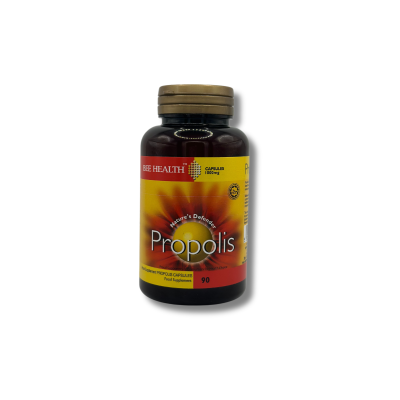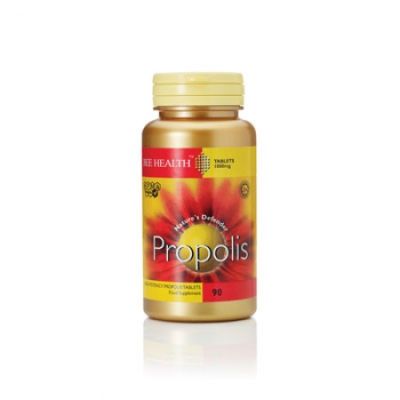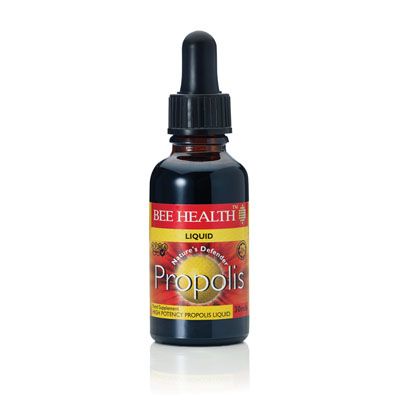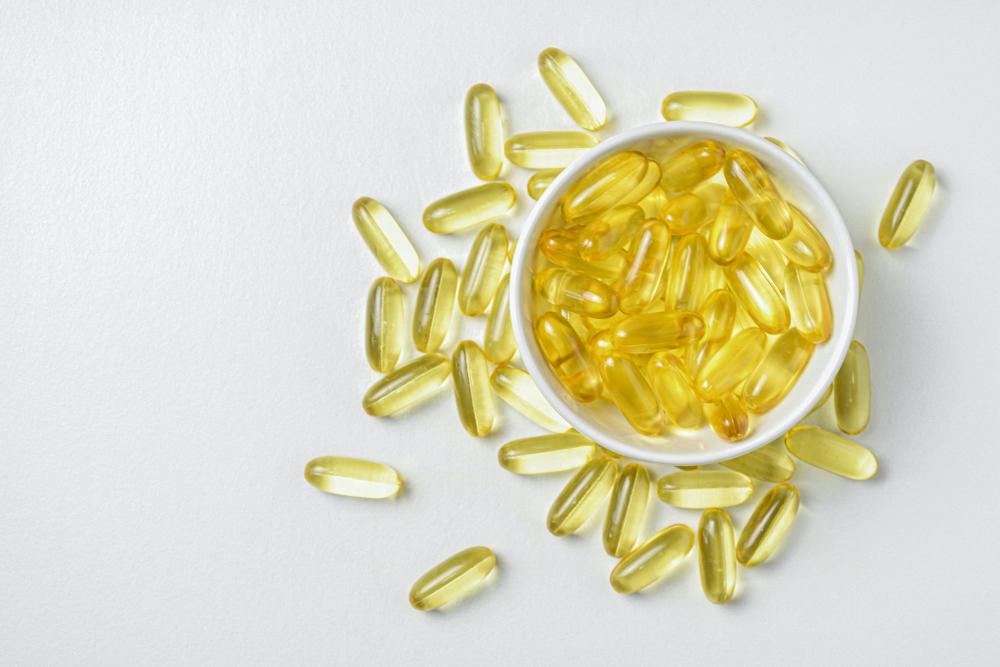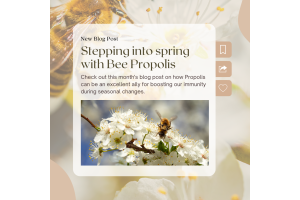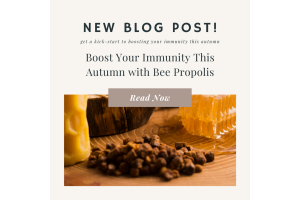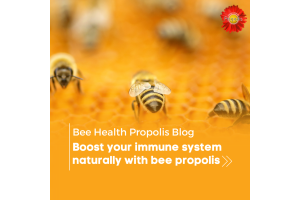The Buzz about Bee Propolis
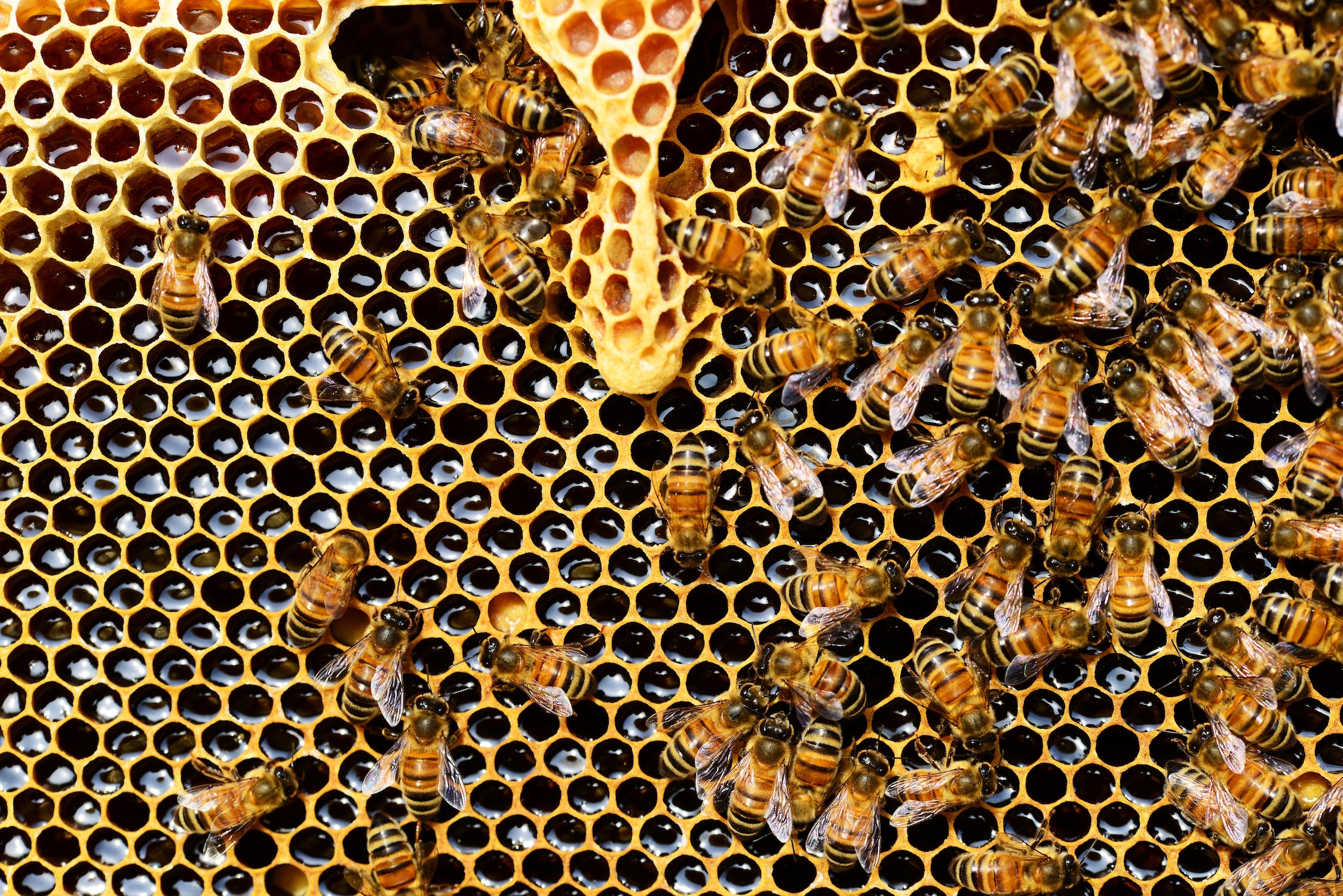
What is 'Propolis'?
Bee propolis aka bee glue is made from resinous substances from plants, bee saliva and bees wax - But please don’t let that put you off, the health benefits are extremely impressive! Raw propolis is made up of approximately 50% resins, 30% waxes, 10% essential oils, 5% pollen and 5% various organic compounds. The word propolis comes from the Greek works Pro which stands for at the entrance and Polis which stands for city or community, and that’s exactly where you will find it - at the entrance of the beehive. Bees use propolis to seal any gaps in their hive to protect it from intruders, and weather, and to also keep it clean and hygienic. Humans have known about the healing benefits of propolis for centuries with the Ancient Greeks, Romans and Egyptians using it for its medicinal properties. But scientists have only in the last century been able to prove its powers.
Its Health Benefits
There have been many studies done on the benefits of propolis, with the results showing that it has over 500 bioactive molecules. These molecules have antibacterial, anti-fungal, anti-viral, anti-inflammatory, anticancer and antioxidant properties. Pretty impressive for something bees use as crack filler in their hives! While there are still more studies needed on some of the benefits, have a read below to learn about the ones that have been well-researched over the years.
Propolis has been used for many, many years for its therapeutic properties when it comes to wound and burn care. Its antibacterial, antiseptic and antioxidant properties improve skin cell proliferation and burned tissue repair. A propolis cream or ointment is a must-have for any first aid kit. With its skin healing benefits propolis has also been shown to be more beneficial in the treatment of acne than synthetic drugs like erythromycin when combined with tea tree oil and aloe vera.
Propolis has been shown to be beneficial in inhibiting and treating the growth of candida yeast, the most common yeast found in the mouth, intestines, vagina and on the skin. For most healthy people candida is not a problem, but for those with immune systems that are not functioning optimally, candida can spread to other parts of the body.
Propolis is a star player when it comes to oral health. It can help prevent cavities thanks to a specific flavonoid it contains that fights off tooth-decaying bacteria. When taken orally propolis has been shown to improve the healing of mouth ulcers. Propolis-based have been shown to reduce oral bacteria and plaque buildup.
Propolis is an excellent natural treatment for cold sores, and just as effective if not more than the regular treatment available. Studies have shown propolis to be able to inhibit the replication of the HSV virus and reduce pain caused by it.
The antibacterial properties of propolis have been studied for decades. Studies have shown it to aid in the treatment of superbug MRSA and H.Pylorie bacteria along with many other strains of bacteria. The antibacterial properties can have slightly different bacteria-fighting properties depending on which region of the world it is from.
Fabulous flavonoids
Propolis is full of flavonoids and polyphenols which are Antioxidants. Antioxidants play an important role in protecting the body from a buildup of free radicals. Free radicals cause havoc in our body and can lead to oxidative stress causing damage and inflammation to our cells, which can then turn into chronic illness.
The compounds found in propolis have been shown to have anti-cancer activity, affecting the development of certain cancers. It may even affect how effective certain cancer treatments like chemotherapy are. Propolis mouth rinse has also been shown to be effective in treating oral mucositis caused by chemotherapy. Remember to always discuss with your doctor before adding in propolis - especially if you are taking medication or on a treatment plan.


